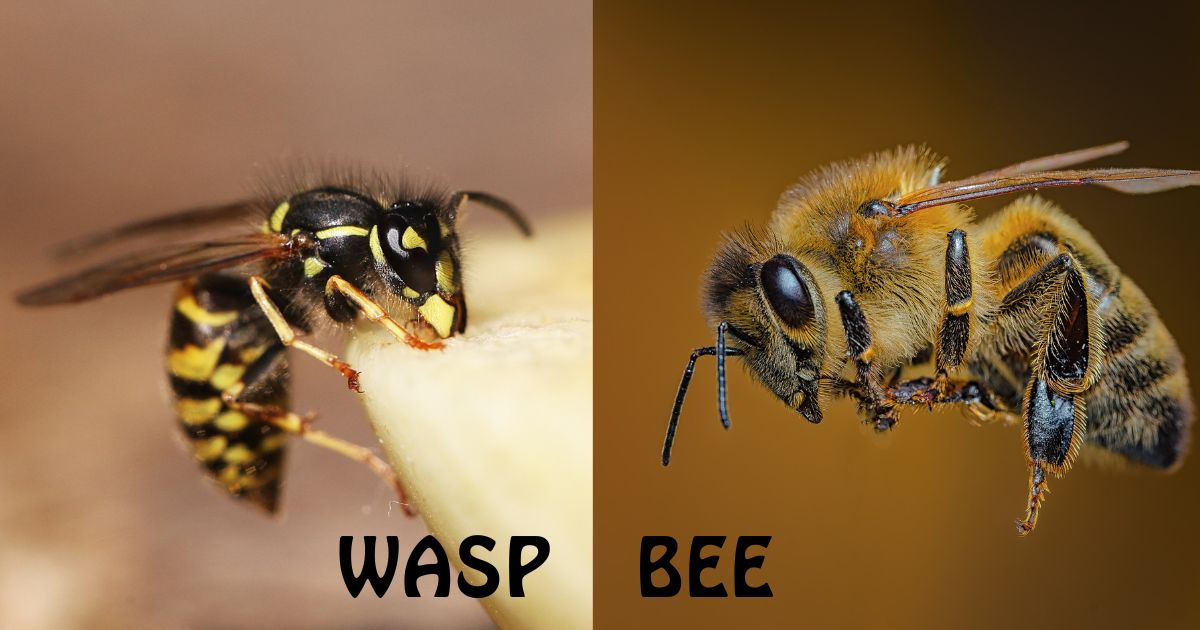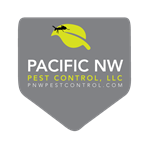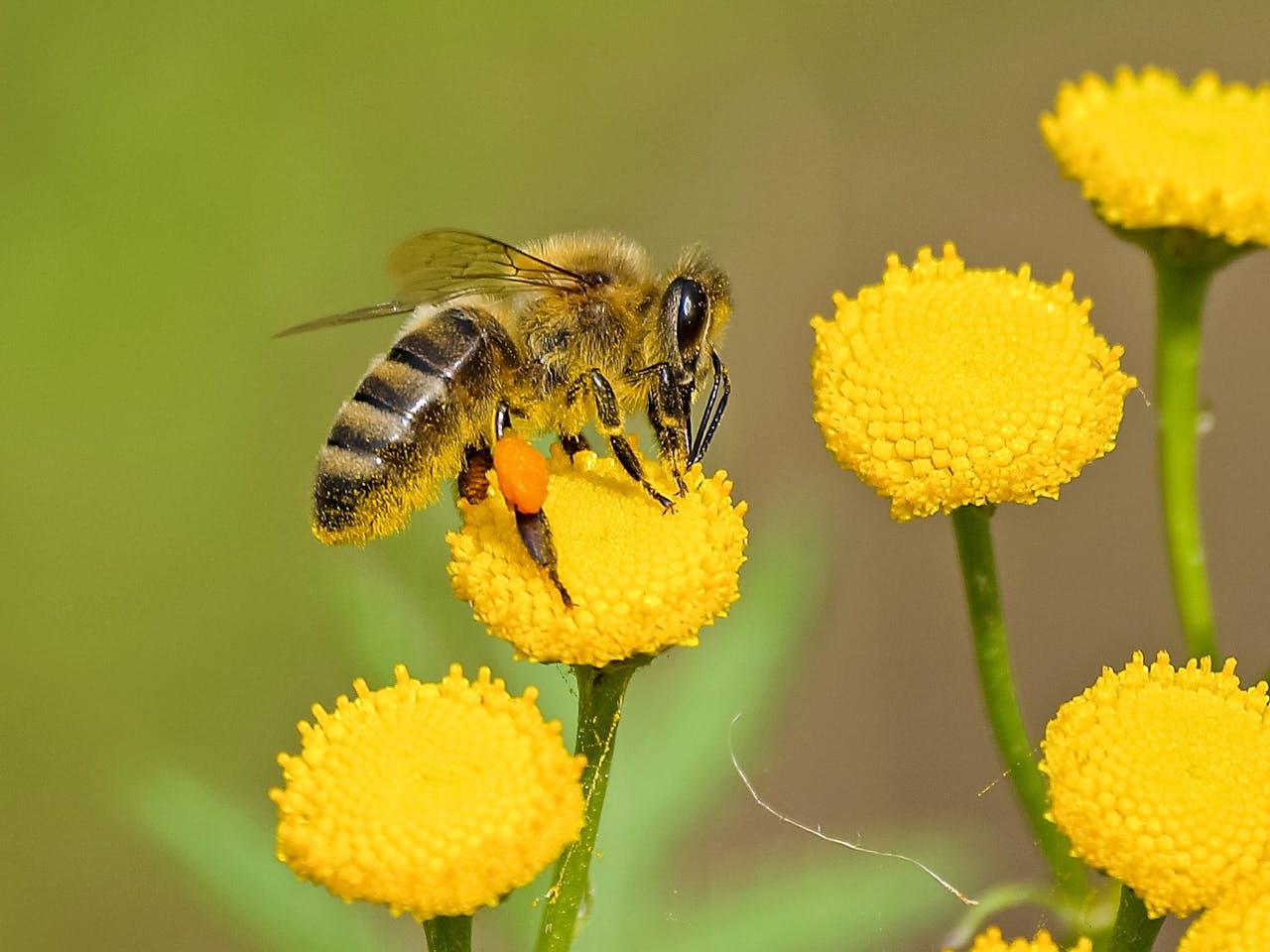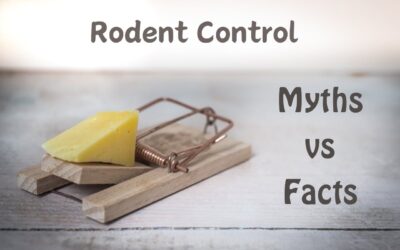The Pacific Northwest is renowned for its breathtaking landscapes, diverse ecosystems, and abundant wildlife. Among its most vital inhabitants are bees, serving as essential pollinators crucial for ecosystem health and agricultural productivity. However, alongside their importance, the region also contends with pest populations, including wasps, which pose challenges to both human activities and native biodiversity. Understanding the significance of bee conservation and responsible pest management is paramount in preserving the delicate balance of the Pacific Northwest’s ecosystems.
The Importance of Bees in Ecosystem Health
Bees play a foundational role in maintaining ecosystem health and biodiversity across the Pacific Northwest. As pollinators, they facilitate the reproduction of flowering plants, including many crops and native flora. In the region’s temperate rainforests, bees contribute to the pollination of iconic species like huckleberries, salmonberries, and wildflowers, sustaining diverse wildlife populations and preserving ecosystem resilience. Moreover, bees support the growth of economically significant crops such as blueberries, apples, and cherries, vital to the agricultural economy of the Pacific Northwest.
Distinguishing Bees from Wasps
While bees and wasps belong to the order Hymenoptera and share some similarities, they exhibit distinct behaviors, ecological roles, and morphological features. Bees are generally robust, with stout bodies covered in branched hairs, facilitating pollen collection for their herbivorous larvae. They exhibit a docile demeanor when foraging for nectar and pollen, primarily seeking flowers to fulfill their nutritional needs. In contrast, wasps often possess slender bodies adorned with smooth, shiny integument, equipped with stingers primarily for defense and capturing prey. Unlike bees, many wasp species are carnivorous, preying on insects or scavenging for protein sources.

The Ecological Benefits of Bees
Bees provide numerous ecological benefits beyond pollination, contributing to ecosystem stability and biodiversity conservation in the Pacific Northwest. Through their foraging activities, bees promote plant diversity by facilitating seed production and genetic exchange among plant populations. They also serve as a food source for various organisms, including birds, mammals, and other insects, forming intricate trophic interactions within terrestrial ecosystems. Furthermore, bee pollination enhances fruit and seed production in native plants, supporting the regeneration of forests and maintaining critical habitats for wildlife.
Challenges Facing Bee Populations
Despite their ecological importance, bee populations in the Pacific Northwest face multifaceted challenges, including habitat loss, pesticide exposure, climate change, and the spread of pathogens and parasites. Fragmentation of natural habitats due to urbanization and agricultural expansion restricts bee foraging ranges and diminishes floral resources essential for their survival. Pesticide use, particularly neonicotinoids and other systemic insecticides, poses significant threats to bee health, impairing their foraging behavior, immune function, and reproductive success. Additionally, climate change alters flowering phenology, disrupting the synchrony between bees and their floral resources, further exacerbating their vulnerability to environmental stressors.
Promoting Bee Conservation Efforts
Effective bee conservation requires collaborative efforts among government agencies, researchers, conservation organizations, farmers, and the general public. Conservation initiatives focus on enhancing habitat quality and connectivity through the restoration of native vegetation, creation of pollinator-friendly landscapes, and implementation of agroecological practices that minimize pesticide exposure and promote floral diversity in agricultural settings. Public education and outreach programs raise awareness about the importance of bees, encouraging individuals to adopt bee-friendly gardening practices, such as planting native flowers, providing nesting sites, and avoiding the use of pesticides harmful to pollinators.
Responsible Pest Management Strategies
While bees contribute to ecosystem health, the Pacific Northwest also grapples with pest populations, including wasps, which can pose challenges to human activities and native biodiversity. Responsible pest management strategies aim to mitigate pest impacts while minimizing adverse effects on non-target organisms and environmental integrity. Integrated pest management (IPM) approaches emphasize ecological principles, prioritizing prevention, monitoring, and the use of multiple tactics, such as biological control, cultural practices, and selective pesticides, to manage pest populations effectively.
Differentiating Beneficial Insects from Pests
Distinguishing between bees and wasps is crucial in implementing targeted pest management strategies in the Pacific Northwest. While bees provide invaluable pollination services, certain wasp species, such as yellowjackets and hornets, can become nuisance pests, posing risks to human health and safety, particularly in urban and recreational areas. Understanding the ecological roles and behaviors of these insects enables practitioners to deploy appropriate management tactics that minimize pest impacts while safeguarding pollinators and other beneficial species.
In the Pacific Northwest, the preservation of biodiversity hinges on the conservation of key pollinators like bees and the implementation of responsible pest management practices. By recognizing the ecological importance of bees, promoting habitat restoration, and adopting integrated pest management approaches, stakeholders can foster sustainable coexistence between humans, pollinators, and other wildlife. Through concerted efforts and community engagement, the region can uphold its rich ecological heritage, ensuring the continued vitality of its diverse ecosystems for generations to come.




